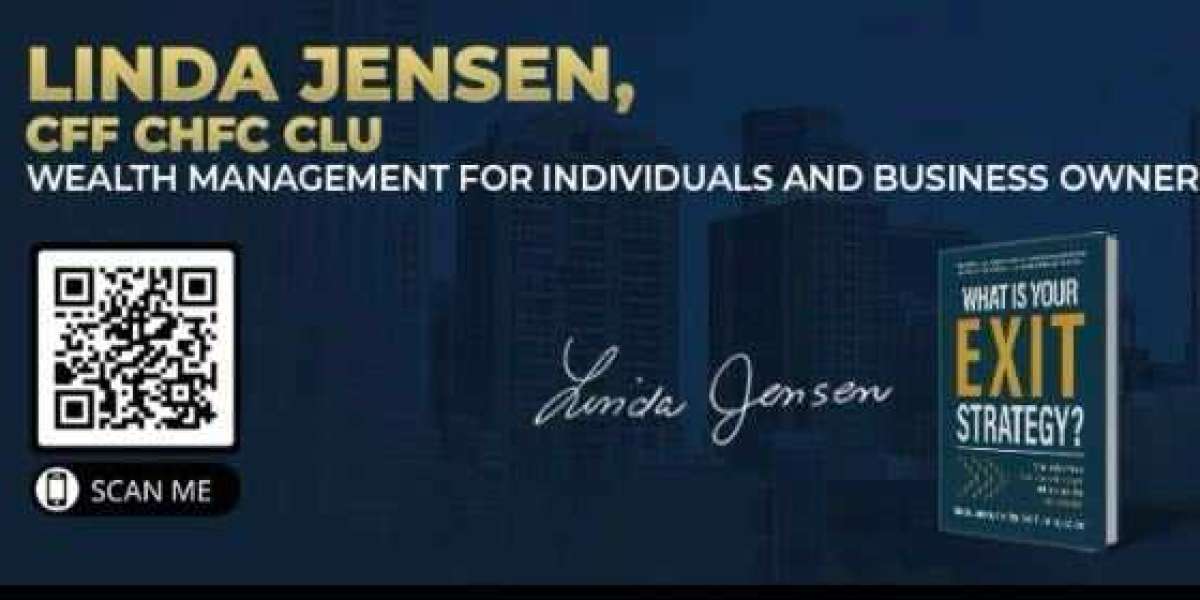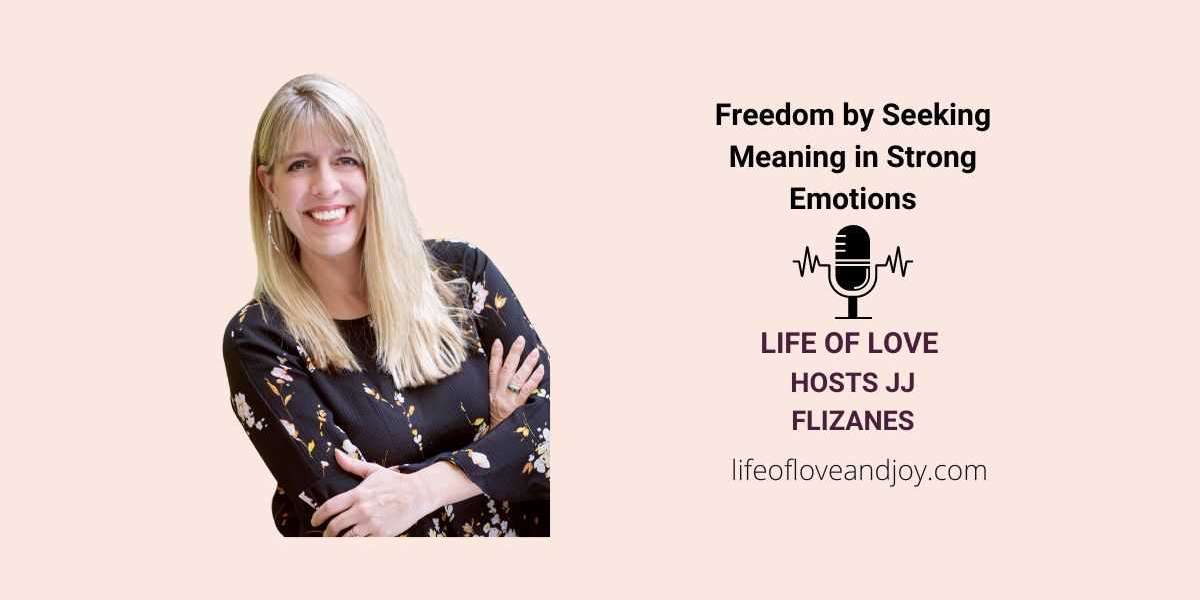When a business puts up that “closed for good” sign (no matter if it’s brick and mortar or internet-based):
The business owner is impacted because they no longer have their business, their “baby,” as it’s often called, to rely on and to fill their days with purpose.
The family of the business owner is affected because they are no longer receiving the profits and benefits of that business.
For the most part, the owner’s wealth is tied up in the business. They are depending on unlocking that wealth through a sale or exit for their retirement and to leave a legacy, but if they walk away, then there is no wealth to fall back on.
The charitable giving of the owners is gone forever when they close up shop.
The community is impacted—more so than you may think—because that business was not an “island
unto itself” (to quote J.G. Ballard). It was part of the community, and often, their owners were pillars in that community. Their “customers” are people who live and work in the community. They are friends, neighbors, and colleagues.
“Regardless of how large or small, no one has ever been a number to us. We know and call you by name....” Americans value the individual and we can be fiercely independent. Every life is precious to us. I was one of those local customers. This business owner knew my name. I had done business with her for years.
Just because the business goes away doesn’t mean the community all of a sudden stops caring. It doesn’t have to be that way.
This is exactly why I am writing this book. I’ve said it in the preface, and yes, I’ll say it again in a few key places: I don’t want you to be part of the awful negative statistic.
There are over 33.2 million businesses in the U.S..
About 51 percent of businesses are owned by baby
boomers
The statistics for successful businesses selling are not
good because only 20 percent of businesses actually sell. That means if ten businesses want to sell, only two of the ten will be successful.
It gets worse. About HALF of the businesses in existence will be forced to exit, just like the business owner who sent me the flyer. The reasons these exits happen are contained in the pages of this book. I find all of this frightening on a personal level. Ultimately millions businesses owned by baby boomers could be at risk of failing. They may go away completely. This book contains many, many resources that can dramatically change those stats.
If these businesses go away, this means that our communities will suffer. The millions of employees and their families will suffer. The families of the family business that rely on the income may suffer. The business owner may have to go down in the blaze of regret and blame instead of being the hero—for the rest of his or her life. That’s a bitter pill to swallow. A cliché, but oh-so-true.
Please think about this. If you knew that you only had a 20 percent chance of selling your home, and you knew you needed to sell it, wouldn’t you do everything possible to ensure that the house was ready for a successful sale? Wouldn’t you set yourself up for success? I daresay that I know the answer to that question.
Why are we not doing that for our businesses?
Read more here








